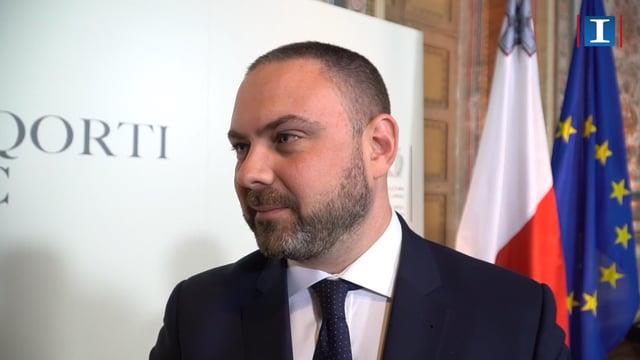
Owen Bonnici was not just found to have breached my fundamental human rights on 15 September 2018. He was found to have breached the fundamental human right to free expression of Daphne’s sons and sisters and parents, the right of protesters in groups or as individuals every time they came to Valletta and left a flower or a candle or a message and had it removed by his orders. He breached the fundamental human rights of all these people every day for over 500 days that his illegal order was carried out.
He went beyond limits that were too much for Vladimir Putin who gave up on clearing the Boris Nemtsov memorial in Moscow after some 130 times.
He defied the pleas of international human rights organisations, journalists from all over the world, writers, activists, members of the European Parliament not to mention of course the protesters themselves insisting that suppressing this protest was his duty.
Owen Bonnici behaved, in the words of the court today, “absurdly”, “with pique” and by turning a memorial “into an instrument of division”.
That is especially significant because Owen Bonnici’s official breach of fundamental human rights gave the example to private citizens who felt they were doing the right thing when they themselves vandalised and removed the protest items from the memorial, when they insulted and assaulted protesters, and in the case of my wife when they beat her up in broad daylight on a busy street.
Owen Bonnici did this when he was minister for justice whose first duty is to safeguard everyone’s fundamental human rights. He did the opposite.
Now he’s minister for education, whose first responsibility is to nurture a generation of responsible citizens that are aware of their rights and willing to stand up to fight for them.
Owen Bonnici’s position as a government minister is entirely untenable. He must resign and if he doesn’t his prime minister Robert Abela must remove him.
This should be a lesson for Robert Abela as well. Up to yesterday the prime minister continued to show disdain for the right to protest in times and places and with methods that are chosen by protesters, not by those protested against. The court decision of today is a lesson in democracy, a principle of which is the opposite of what Robert Abela seems to think. May this be the lesson he needs.